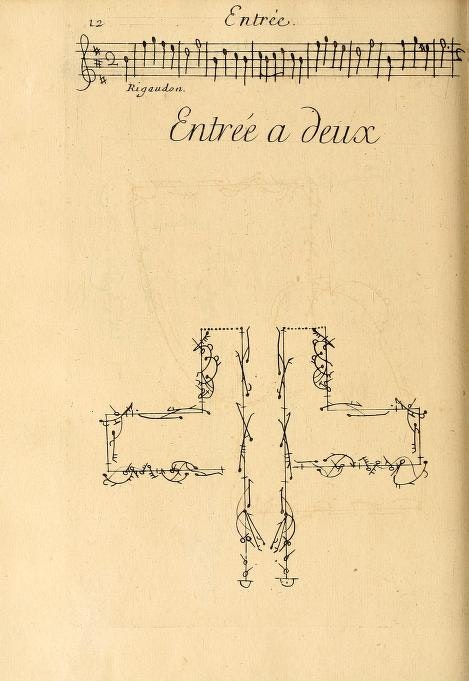At time of writing, the Kickstarter for Yoon-Suin's second edition is still ongoing. But you probably knew that.
***
The Dragon Waiting, by John M Ford. Another second-hand find, another Fantasy Masterworks edition. No introduction by Neil Gaiman, but he did apparently review it in 1985.
So, this one's a little troublesome. There's a tendency in this little corner of the Blogosphere to talk about that reaction a reader gets when they find some very D&D-esque moment in a book published before 1975. (For my money, early Fafhrd and the Grey Mouser is the place to go.) Well, this was published 1983.
To continue: It is 15th century Europe - or Ford's strange variation on it, where Julian the Apostate died far later in life, allowing the various classical religions to live on in an atmosphere of state secularism. Yet all the same, Edward IV, Lorenzo the Magnificent, Louis XI and other historical figures exist with roughly similar roles to those they possess in reality. There is no Cathedral in York, but there is a Pantheon. The Hagia Sophia is the Kyklos Sophia - 'Circle of Wisdom'. The Dragon Waiting is subtitled 'A Masque of History', and this is so - historical figures in a series of masks and guises. But there are traditional alternate history elements - a still-potent Byzantine Empire with territory in southern France, for instance. Oh, and magic is real.
 |
| The Masterworks edition, image found on Goodreads. |
[The Masterworks edition errs heavily by describing it on the back as 'an alternate world in which Byzantium was not extinguished in 1453'. Yes, but that's not the point of divergence!]
Hence, then, my remarks about 'D&D-esque' - medieval characters (including a wizard and a fighter and a doctor...) apparently worshipping pagan deities but with odd analogues to Christian structures. It's probably a personal failing that I was lightly vexed by this at first: "Why do we get identical Medicis and a very similar Florence despite the point of divergence! It doesn't make any sense!", but you have to get your mind out of the 'What if Napoleon won the Battle of Leipzig?' mode. Ford tells you upfront: this is a Masque of History. A 'Historical Note' in the front matter points out that section heading quotations are from Shakespeare's Richard III - itself famously a masque of history. The list of real-world personages are set in a section called 'Shadows as they Pass'. Approach it more like Philip K Dick's Man in the High Castle and less like Robert Harris's Fatherland.
So, that's the attitude in which you should approach it. Is it in fact worth taking all that effort to read it? Frankly, the question will be how entertained you are by Ford's characters and the background. Pastiche (not that this is a pastiche) can feel a little cold, not losing itself to laugh-out-loud comedy (as parody) or a deliberate message (as satire). Ford is playful, but you might find it a trifle arch - "Dante Alighieri's Commedia dell'Uomo? Oho, well played, Mr Ford." (Cue sensible chuckle.)
But that's not all, I'm glad to say. There's a world ticking away under a thin mask, fully realised and interesting. The integration of magic feels quite naturalistic (no fireballs); the pressure of a Byzantine Empire that has preserved this great diversity of faiths yet seeks dominance is well-sketched. There's travel involved (Florence to London) that takes an appropriate amount of time, and apt limits to the power and reach of a pre-modern state.
The religious elements are not outright fanciful, either. There's an interesting feature with men belonging to all-male Mithraic cults and women worshipping Cybele - a whole 'men's mysteries/women's mysteries' thing that feels out of place (and therefore fascinating) in a (quasi-) Renaissance context - the sort of thing that would be interesting in the implicit setting here.
Aside from this, there are sort of two responses to Medieval figures worshipping classical deities. First is to associate it with the sort of (Occidentalist?) Japanese video game where (as it might be) Sir Percival, Joan of Arc, Miyamoto Mushashi and Ulysses S. Grant are all (secretly?) devotees of Athena and fight Siegfried, Toyotomi Hideyoshi, Mary Queen of Scots and Isaac Newton, who are champions of Hades. That's not entirely wrong for a book in which Richard the Lionheart worshipped Apollo and Saladin was a Zoroastrian, but it's not exactly right either.
Second is to observe that the division of the Medieval world into Christian and Pagan is fairly artificial: the Nine Worthies included Hector and Alexander the Great, Chroniclers tracked the foundation of Britain back to Troy and Chaucer's Knight's Tale invokes Theseus and Saturn. This is leaving aside, for instance, the flowering of Classical subjects in art produced under the patronage of the aforementioned Lorenzo de Medici. Again - this is a Masque. There is no great distress if (when?) the costumes come off.
That I've written all the above is hopefully indicative that there's at least something to chew on here. People agree with me - hence the website Draco Concordance (read the book first!) which tracks certain story elements (and made writing this a lot easier). Gene Wolfe called it 'The best mingling of history with historical magic that I have ever seen,' and in my research for this I was unsurprised to learn that Ford enjoyed Wolfe's work. There's more I could write about this - which is a good sign.
***
Baroque Dance Notation, more especially the Beauchamp-Feuillet notation: something an old friend introduced me to. I've been doing some reading on it since, from the odd place between supremely detailed art and academic history. Quite fascinating and beautiful, really. It would make a fascinating pattern for wall-paper. See here for more.

My avant-garde ideas on interior design aside, I imagine that there are a number of constructs or golems in TRoAP that use this as a pattern for motion. It has a likeness to the stuff in The Search for the Perfect Language that inspired the Polytaxists. Presumably the hyper-detialled Appendix P version of Inquisitor uses it. Or the Terpsichorean Sodality.
***
The Vikings in Clown Trousers idea, illustrated. Just try getting Hollywood A-Listers into some of those outfits.
***
Lazarus & World of Lazarus
I reviewed World of Lazarus here and re-read bits of Lazarus in the process. I was arguably a little harsh to the latter in that post (though I left out my niche pointless Soleri gripe) - there's a decent techno-thriller element to them, with plenty of in-universe documents and messages and the like. Still, 'not always good' is more frustrating than 'definitely bad'.
***
The Medici: Gangsters, Bankers, Popes
Speaking of feudalism, corporations and a family mentioned in The Dragon Waiting, another trio of Mike Walker's history plays was broadcast on BBC Radio 4. His dynastic history plays are going to get their own post soon, but these appeared in January 2023 and so get a mention here.

